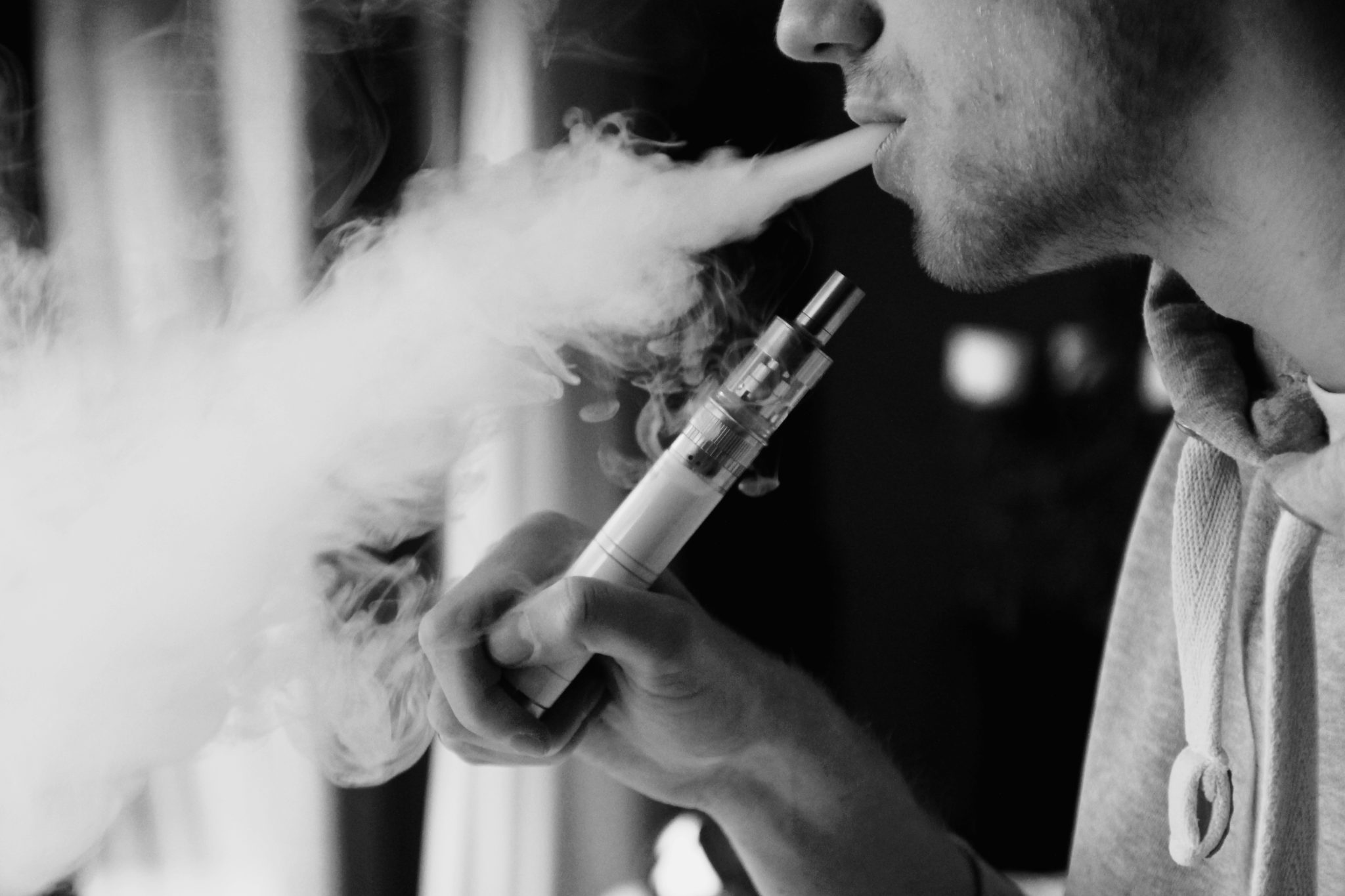On August 9, the Food and Drug Administration (FDA) ordered that 4.5 million vaping products from a single company be removed from the market.
The FDA’s press release, available online, states that it issued the company—JD Nova LLC, which owns Vapolocity—a Refuse to File (RTF) letter because “the company’s applications for these products lacked an adequate Environmental Assessment.”
“Under FDA’s regulations implementing the National Environmental Policy Act (NEPA),” the memo reads, “an EA must be prepared for each proposed authorization, and an EA adequate for filing addresses the relevant environmental issues.”
Vaping manufacturers had until September 9, 2020 to submit a costly and arduous premarket tobacco product application (PMTA) for every one of their products, including each different e-liquid flavor and component separately, in order for them to remain legal. (The RTF did not apply to every application that JD Nova submitted.)
In May 2021, the FDA posted a list of the more than 6 million PMTAs it received. The agency had essentially been given another year—until September 9, 2021—to review those applications. (Though it’s not expected to fulfill that timeframe, many consumers and businesses remain concerned about their legal standing after that date.) Should a product be approved through the PMTA process, it would come with the designation of being “appropriate for the protection of public health.”
This is the first major decision from the FDA regarding the PMTA process, and while it might look like progress, it’s unclear yet how to digest the news: While the agency did appear to just eliminate 75 percent of the total PMTAs, they are all from one relatively small company that apparently did not fulfill the requirements of the process, or could not afford to do so. The FDA has another 2 million to go, and many of them are from major, well-financed companies with the means to submit robust, scientifically thorough applications.
Still, tobacco harm reduction advocates, vapers and vape shop owners alike are left in a familiar place: confused and, of course, waiting.
Photograph by Vaping360 via Flickr/Creative Commons 2.0




